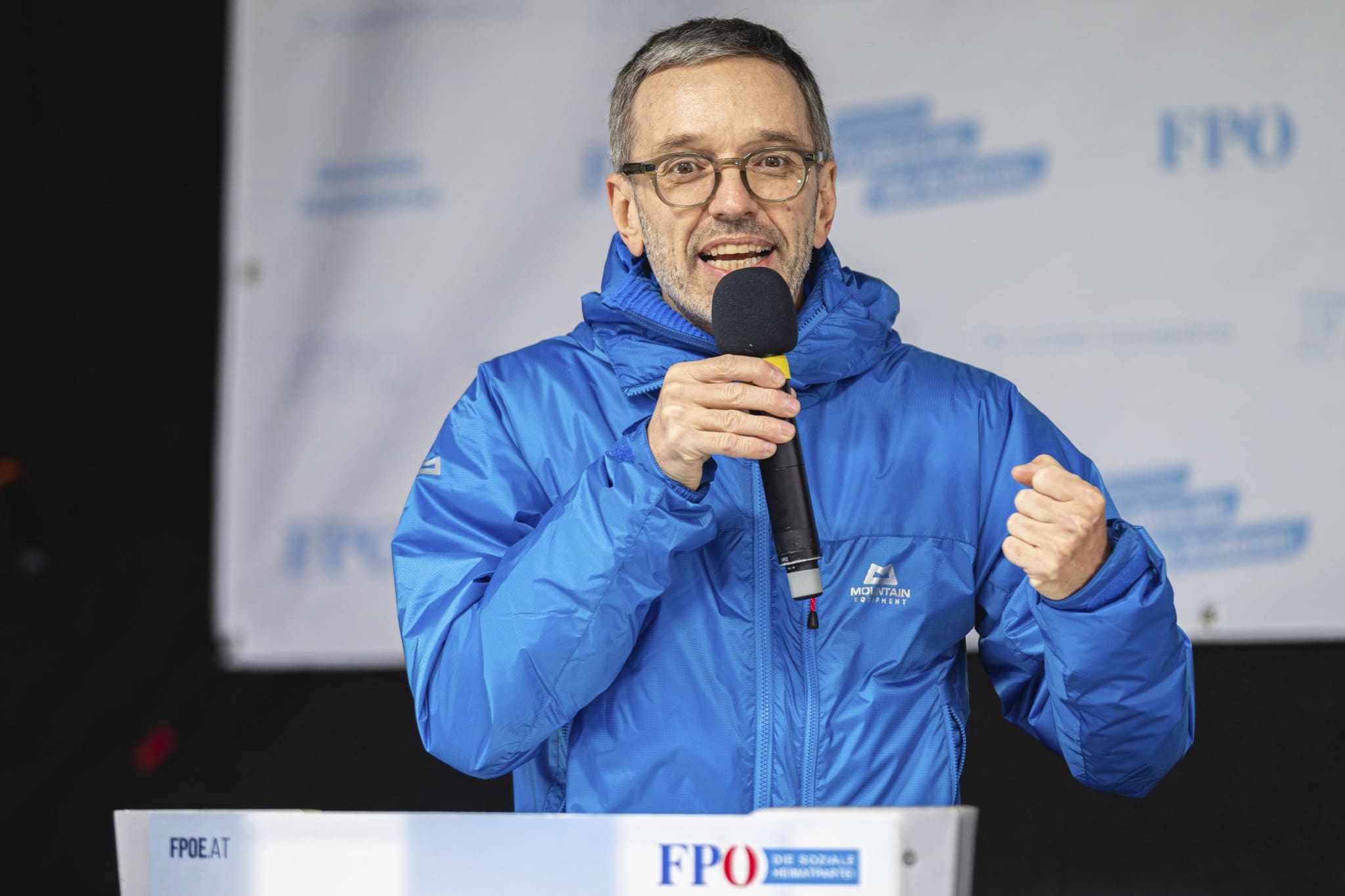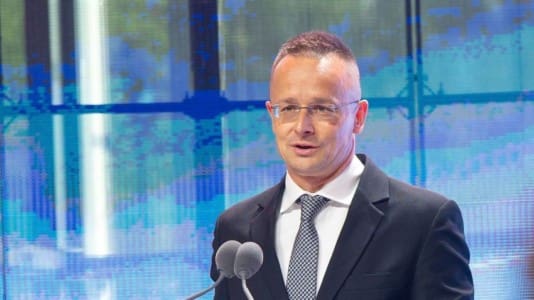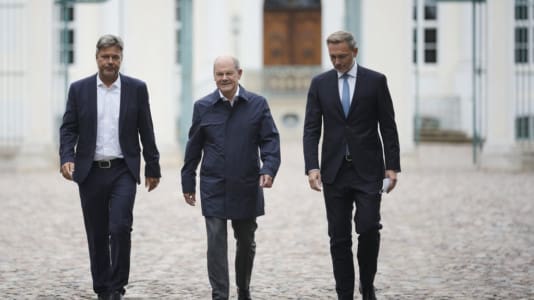The Freedom Party of Austria (FPÖ) has taken a commanding lead in the latest polling with a third of Austrians pledging their support for the right-wing populist party ahead of next year’s elections.
Former Interior Minister Herbert Kickl’s party sits at 30 percent, considerably ahead of the Social Democrats (SPÖ) and the governing Austrian People’s Party (ÖVP) at 23 percent and 22 percent, respectively.
The survey, conducted by the Lazarsfeld Gesellschaft research institute on behalf of the Österreich newspaper, showed the ÖVP’s coalition partner, The Greens, attaining just 10 percent of the vote, meaning the current governing parties would only garner the support of 32 percent of all Austrians, making a return to power for the current administration nearly impossible.
The only viable coalition that could enjoy a parliamentary majority would be the ÖVP and the FPÖ with the current governing party as the junior partners.
The FPÖ faces considerable opposition from the political mainstream in the country, however, and all major political parties have vowed not to elect its leader as chancellor should it return to parliament as the largest party.
The situation draws similarities with the Alternative for Germany (AfD) on the rise across the border, which has been shunned by the political elite who refuse to work with the group on either a federal or local level. The opposition to the Austrian populists is slightly less extreme, however, with the governing ÖVP already in coalition with the FPÖ in three of the nine federal states.
The surge in support for Kickl’s party has been fuelled by the disillusionment felt by an increasing number of Austrians at the country’s current direction of travel. From the sidelines, the right-wing group has succeeded in criticizing the government’s management of the economy and has championed strict immigration, European identity, and an end to sanctions on Russia.
The party has been firmly opposed to continuous support for Ukraine amid the ongoing conflict with Russia, calling for a national referendum on Russian sanctions and accusing rival parties of breaking Austria’s neutrality policy. Its lawmakers walked out of the lower house of Austria’s parliament during a speech by Ukrainian President Volodymyr Zelensky back in March in protest.
Aside from security and foreign policy, the FPÖ has enjoyed success with its proposals for economic reform, recently calling for the introduction of a rent freeze until 2026 to provide real relief to those struggling with the cost-of-living crisis.
The party also remains fiercely opposed to the rising digital economic climate and staunchly supports the right to cash payments being enshrined in Austria’s constitution.






